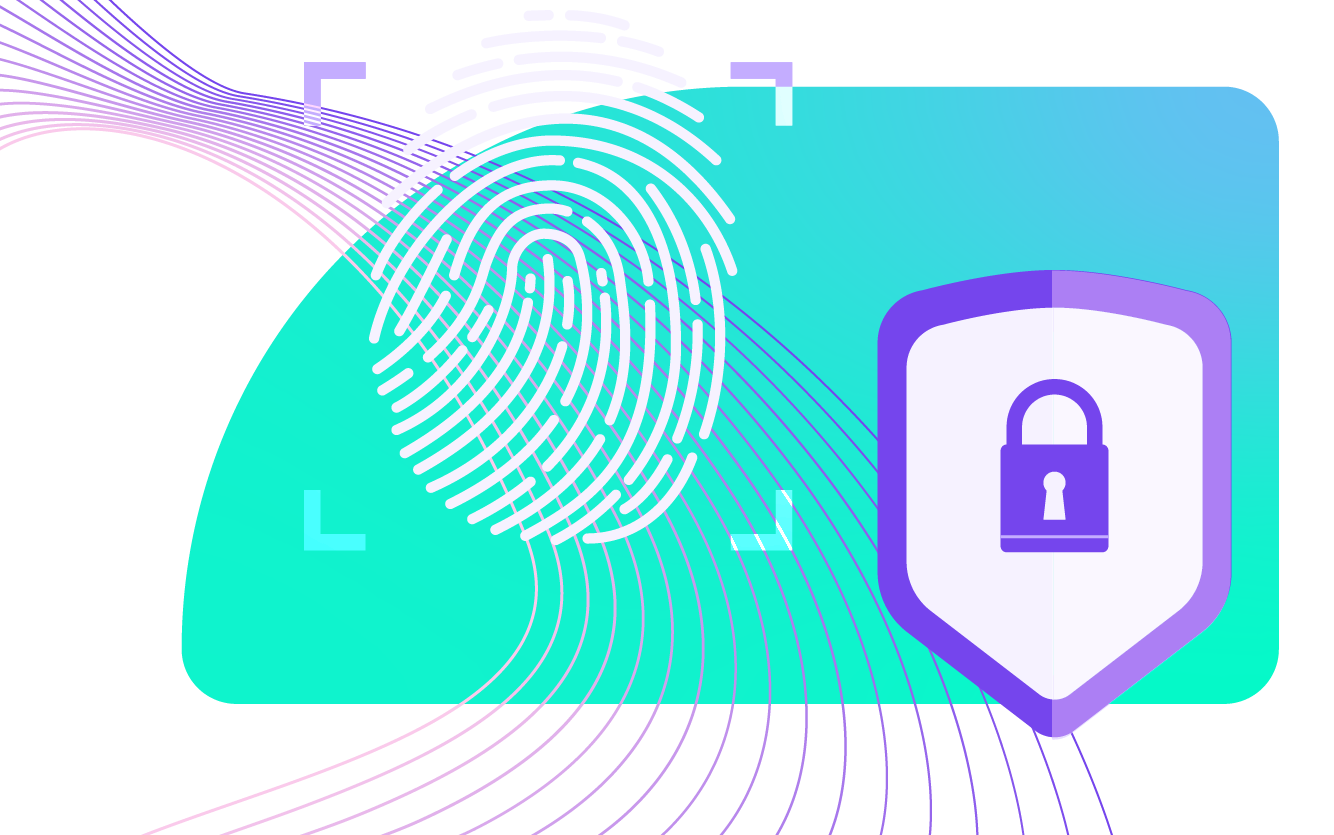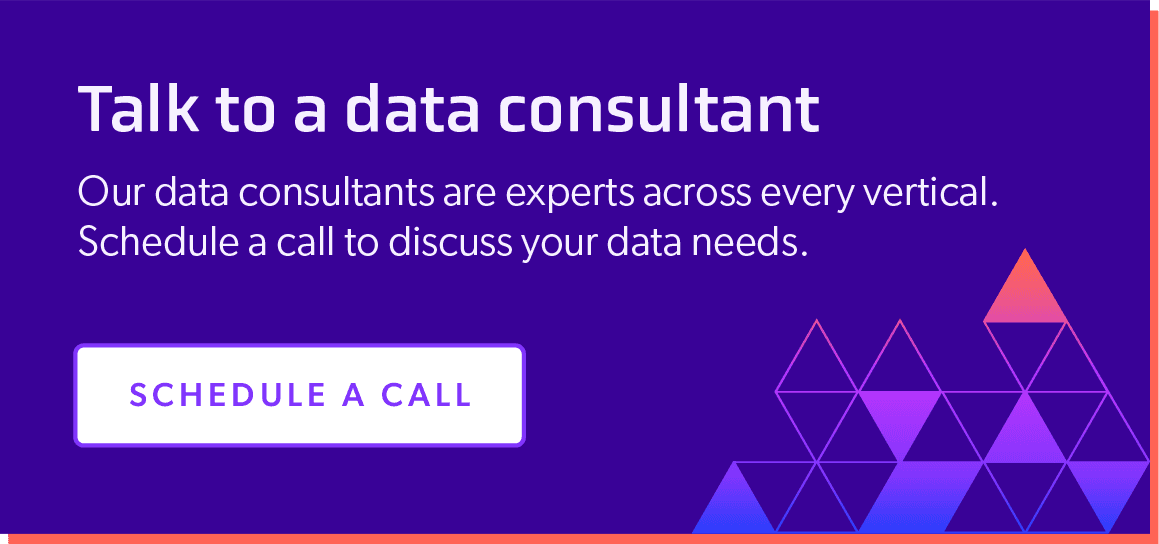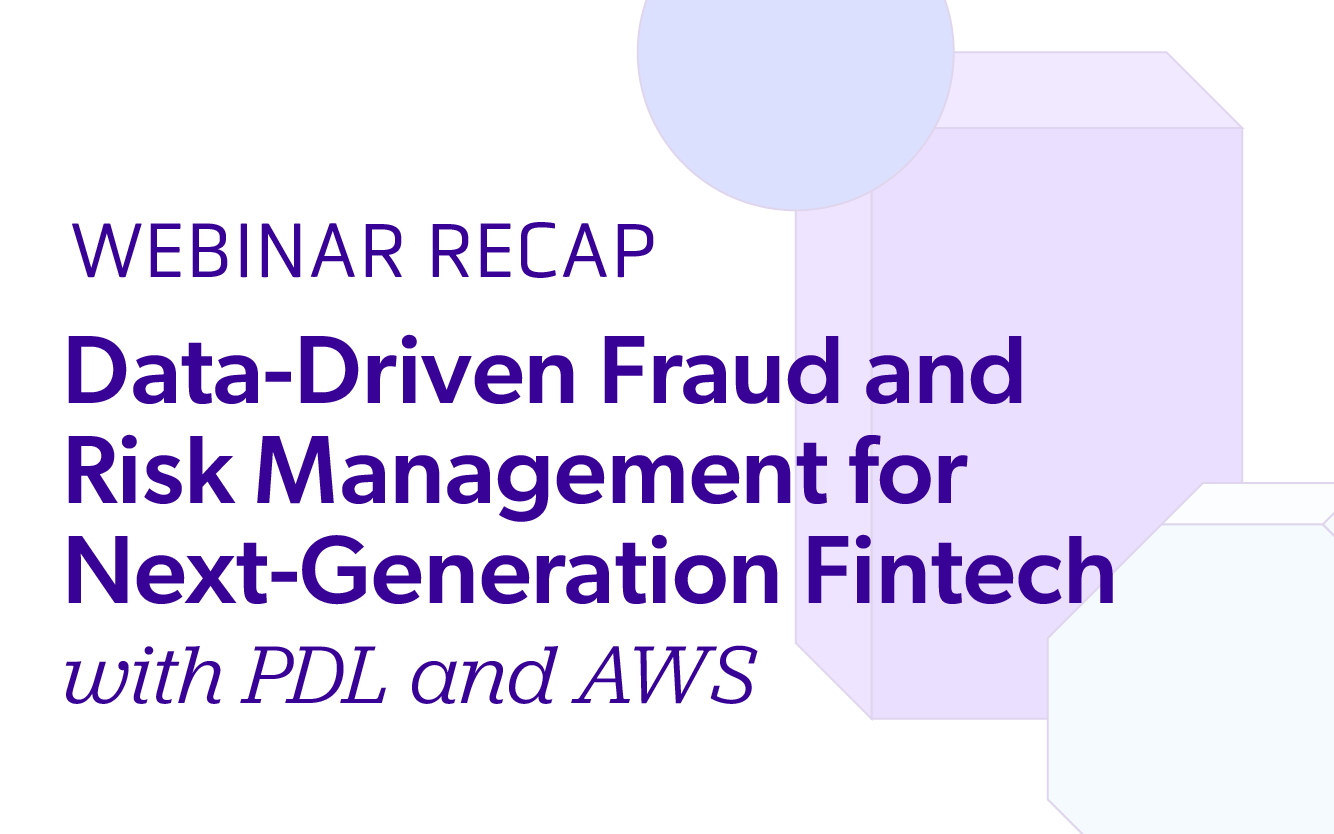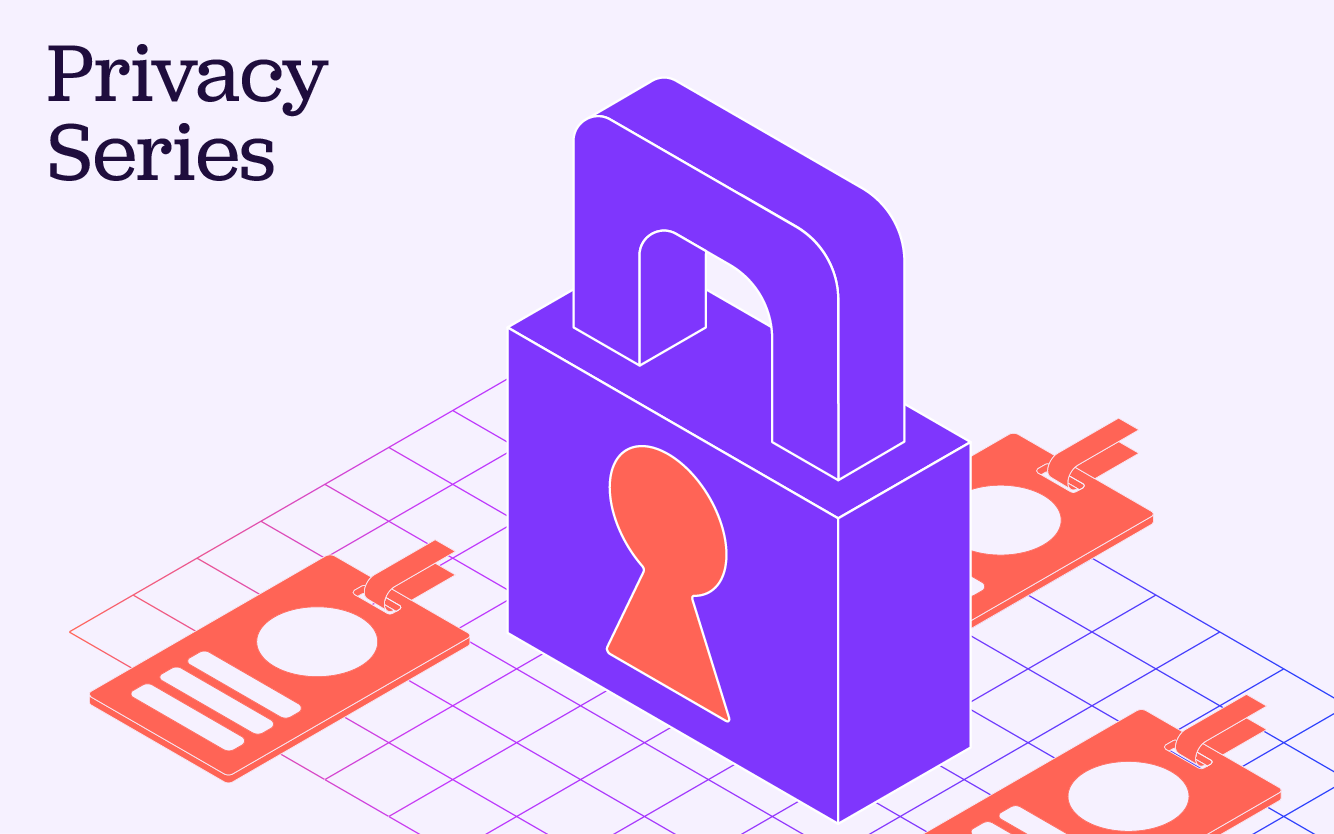
Introducing ID API and Person Risk Attributes
January 12, 2022
Digital products rely on identity.
As we continue to shift more of our essential activity, from banking and lending to healthcare and public services to digital platforms, the ability to verify, understand and contextualize identity is crucial. Verified identities will enable whole ecosystems of providers to deliver critical services in an efficient, compliant, low-risk way that protects institutions and end-users. That’s why PDL is focused on enabling engineers to build a new layer of personal identity driven by essentially fraud-free people and professional data. Our Identify API and Person Risk Attributes are the first steps on this journey.
To understand more about these new products, and the challenges they address, we spoke to PDL Principal Product Manager, Steven Lappenbusch.
Why is identity such a challenge?
Understanding consumer identity has never been more essential, or more difficult.
While key services are transitioning to digital at an accelerated pace, traditional identity data solutions are not keeping pace with people. The old way of doing identity, based on physical confirmation of government documents and consultation with credit bureau records aren’t enough to deliver high-volume, high-value digital services at scale in sensitive industries like finance and insurance.
Technographic information such as device IDs or IP addresses can help, but you must have confidence that you’re assigning those identifiers to the right person. Otherwise you may make things worse instead of better.
Worse looks like the avalanche of synthetic identities, which account for over 85% of all instances of identity fraud. Credit file data is rife with historical errors and synthetic identities which propagate across every identity verification system leaving you and your engineers with no reliable solution for efficiently verifying and contextualizing potential customers.
As the leading experts on high-quality, compliant, business-to-business, and professional data, People Data Labs has the answer.
How can professional data help?
Every business needs to know their customer. Whether you’re seeking new customers and markets, figuring out which product to offer next or investigating suspicious activity, identity is key to doing business in a digital economy. Your identity is made up of data about what you do all day, and most of what you do all day is work. But until now, professional data has not been part of identity data solutions.
Professional data, the kind of information you might find on a resume or a LinkedIn profile, provides a valuable new layer of identity that doesn’t come with the baggage, and the flaws, of the credit file data that most businesses have historically relied on. People don’t produce resumes or apply for jobs using synthetic identities. There wouldn't really be a point. By contrast, there have been innumerable instances in which people were able to secure credit using synthetic or stolen identities.
Professional data, compliantly sourced, can validate an applicant's identity without leveraging any contaminated sources. If someone has no professional history, they may not exist at all. Furthermore, professional history can help you to understand a person beyond their application and credit file. Knowing what a person does, how long they’ve been in a role, what industry they work in can help to determine what financial services are best for them and help you to build tools to identify the best candidates for your high-value products. Professional data allows a business to go beyond simply patrolling synthetic identities to understand real ones and their lifetime value as customers.
What is the Identify API
In the past, PDL has focused on building products that provide the best possible matches for a query. This means eliminating things like incomplete records and duplicate profiles . But when it comes to assessing things like risk or distinguishing a real identity from a synthetic one, thsoe less than ideal matches are highly actionable.
Our Identify API is designed to return all the data that match a given input providing as much context as possible for an individual. If you query a name attached to an email and we see 6 people associated with it, that’s an important data point in and of itself. If we return nothing, that’s a different signal entirely, suggesting for many demographics that may not exist. The Identify API will allow you to build a new link in the chain of identity, deepen an institution’s understanding of who an applicant is, and quickly exclude synthetic identities.
What are PDL Person Risk Attributes
We’ve introduced 26 new attributes that speak directly to the risk profile and customer value of an individual. These attributes fill in some of the crucial data gaps that make it difficult for fintech companies and other providers of sensitive services to get a clear or complete view of who their applicants and potential customers are, what products or services they want, and what new offers would make sense in the future.
These include things like people’s professional history and skills, education, and the industry they work in, along with details about how long an identity has existed and how much data has built up on its physical and virtual presence like address, email, and social media profiles.
Taken together these points can help to weed out a synthetic identity and to put a real identity into real-world context to improve decision making.
Who can these solutions help?
Verifying identity, understanding risk, and targeting growth are critical to a vast number of industries rapidly transitioning to digital that provide important but sensitive services. They require a high degree of certainty in order for their providers and customers to feel safe. Financial services, insurance, and lending are top of mind for these products, but we also believe they’ll provide significant value for engineers building products for healthcare services, e-commerce retail, risk and compliance, and the public sector.
Like what you read? Scroll down and subscribe to our newsletter to receive monthly updates with our latest content.




